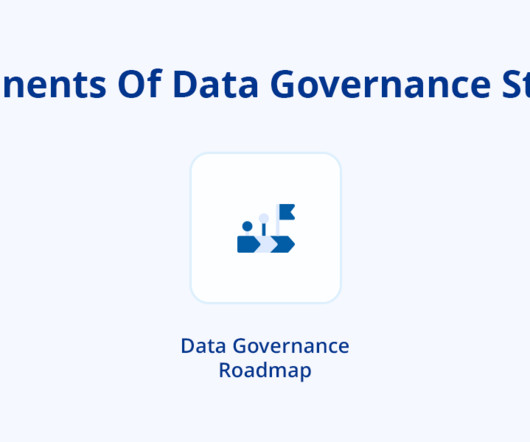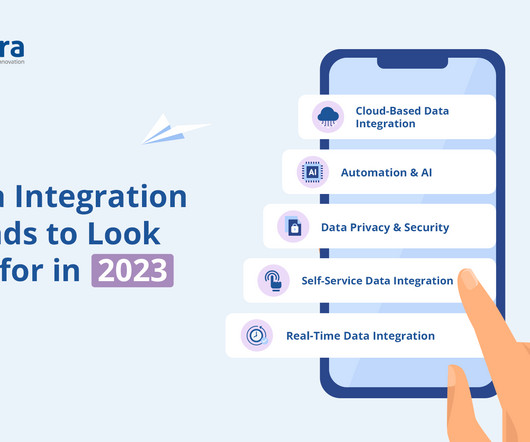How to Build a Data Governance Strategy for Your Organization
Astera
APRIL 29, 2024
How is the impact of data governance programs on quality and business outcomes measured? How are the data quality issues identified and resolved within the strategy? Why is a Data Governance Strategy Needed? Cost Reduction It helps reduce operational costs by reducing errors and redundancies in the data.












Let's personalize your content